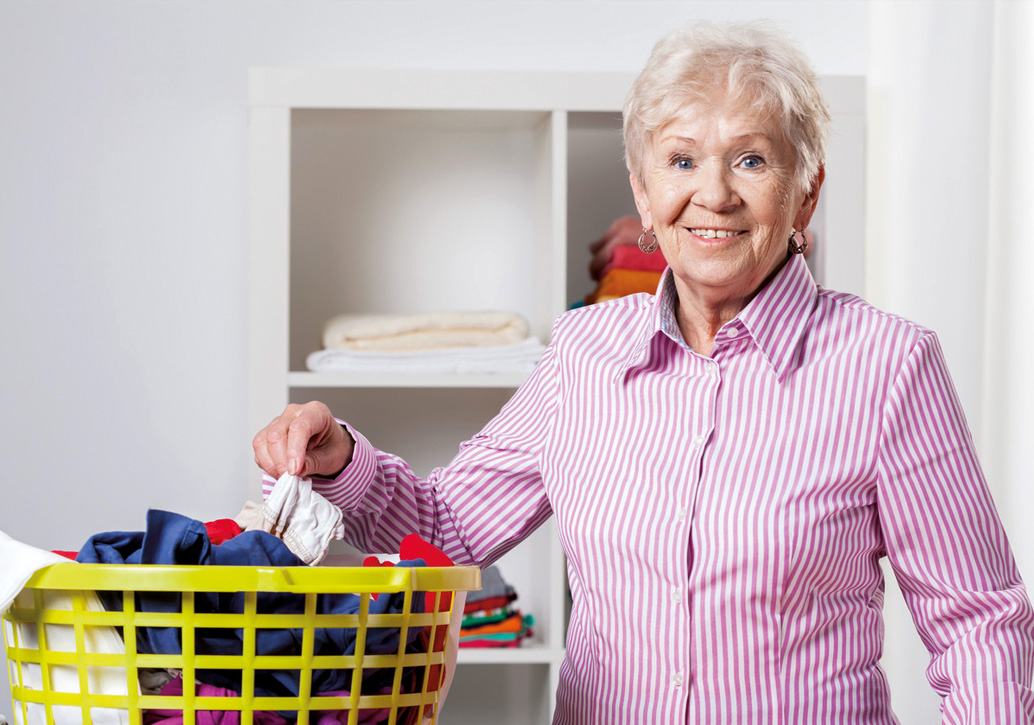(And how to prevent them)
By Mary Bart
In this article we look at housekeeping, hoarding, missed medical and transportation.
1. Housekeeping
Sometimes, with no one else living at home or few people dropping by, the idea of keeping a clean and clutter-free home becomes less important. This can create a vicious cycle—when the home becomes too dirty and too cluttered, it’s unlikely that visitors will be invited in. When was the last time the sheets and dishcloths were washed? Have the kitchen floor and refrigerator been cleaned this week? It might be longer than you think since any housework has been done.
Solution:
Create a “Cleaning Plan” that works for your lifestyle, energy and time you have to commit to cleaning that also gives you a sense of pride and accomplishment.
• Set limits on how much time you will spend on one cleaning activity.
• Reduce the clutter – less to dust.
• Do large loads of laundry, get it all done at once, instead of many smaller loads.
• Collect all the garbage in your home the night before it is picked up. This include cleaning out the refrigerator and organizing your re-cycling and bottle to be picked up.
• When possible, hire some help to do the harder jobs of washing windows and cleaning out the cob webs.
• Time flies. Record when you change the sheets or any major cleaning that you do.
2. Hoarding
Hoarding is a recognized risk of living alone. Too many possessions and rotting food can lead to clutter and unwelcomed critters in the home. Hoarding can disrupt a person’s ability to live well, safely and healthily in their own home.
Solution:
According to Wiki How, “hoarding is a fear that items may have a practical use or value in the future, so you hang on to them. Hoarding may get so out of control that your home becomes no longer functional, and even potentially a health hazard.” Here are their 5 steps to help stop hoarding.
• Find the motivation to change your habits.
• Set small, specific goals.
• Develop a clear system for organizing items. Make organizing what you have more logical and planned. Don’t just drop something on a table because you don’t know where to put it.
• Use the OHIO (Only Handle It Once) principle when sorting items. Don’t pick up the same item multiple times. Find its proper home, the first time.
• Get help from an objective third party. There are people who can help you tackle your hoarding issues and help you clean out your home. Don’t try and tackle this issue totally on your own.
3. Missed medical symptoms
Who is there to give an opinion of your health? What if you have a stroke or heart attack when you’re alone? What if you miss or ignore what’s happening to you? What if you wrongly guess that you’re ok?
Solution:
• Have a friend or family member check in with you on a regular basis. This connection could be in person, over the telephone or via email.
• Make your health a priority in your life. Keep all your medical and dental appointments.
• If you feel differently or that something is just not quite right, don’t be embarrassed, call 911 right away. Paramedics are trained and ready to help.
4. No wheels, why bother?
If you live alone and don’t drive, then you will often be dependent on others to pick you up. Even regular tasks such as shopping and going to medical appointments can become overwhelming, meaning you may be more inclined to skip these activities.
Solution:
• Research if there are local senior and social services agencies that arrange group trips to medical facilities, libraries and the grocery store. If you are willing to go shopping on Thursday morning each week for example, you will not only get all the things you need for the week but enjoy chatting on the bus with your peers.
• Group your activities into one larger trip. If you are going to the doctor, try also while you are out to get your hair done or pick up your favorite book at the library. Running multiple errands at once within close proximity to each other will make getting out of the house more rewarding and worth doing.
• Talk with your doctor. There may be physical or mental issues that are stopping you from making the effort to leave your home.
Mary Bart is the chair of Caregiving Matters, an Internet-based charity that offers education and support to family caregivers.













